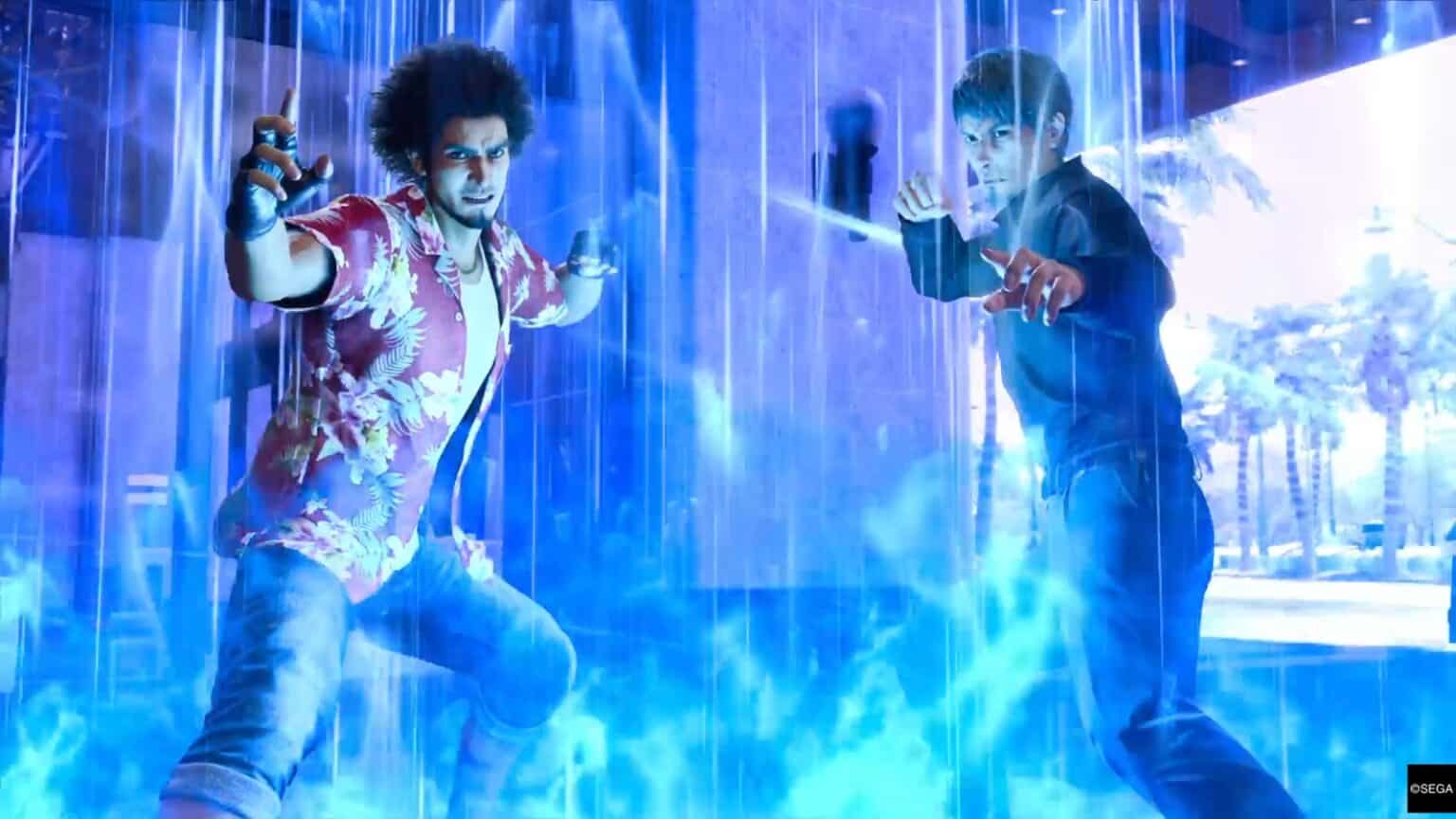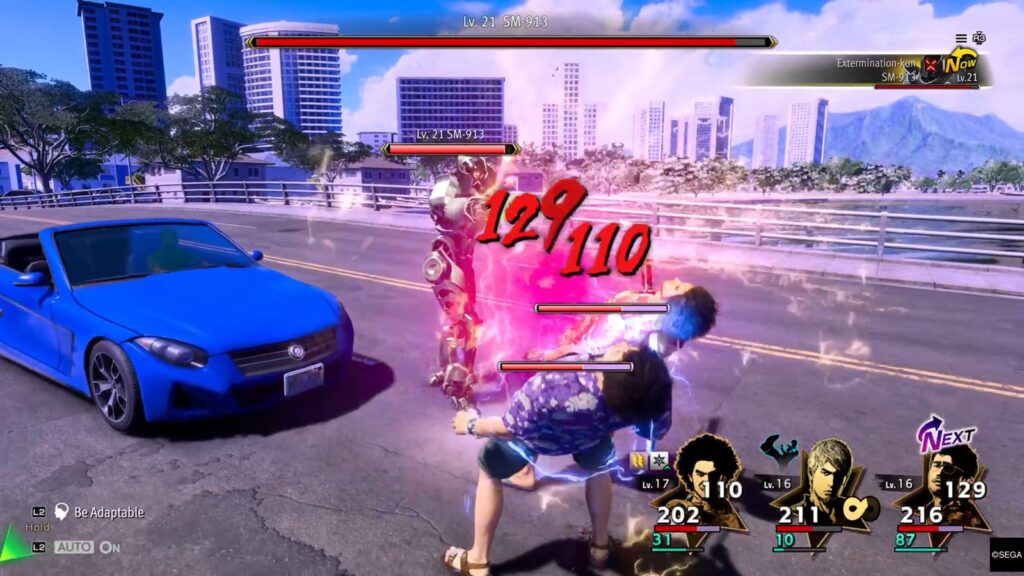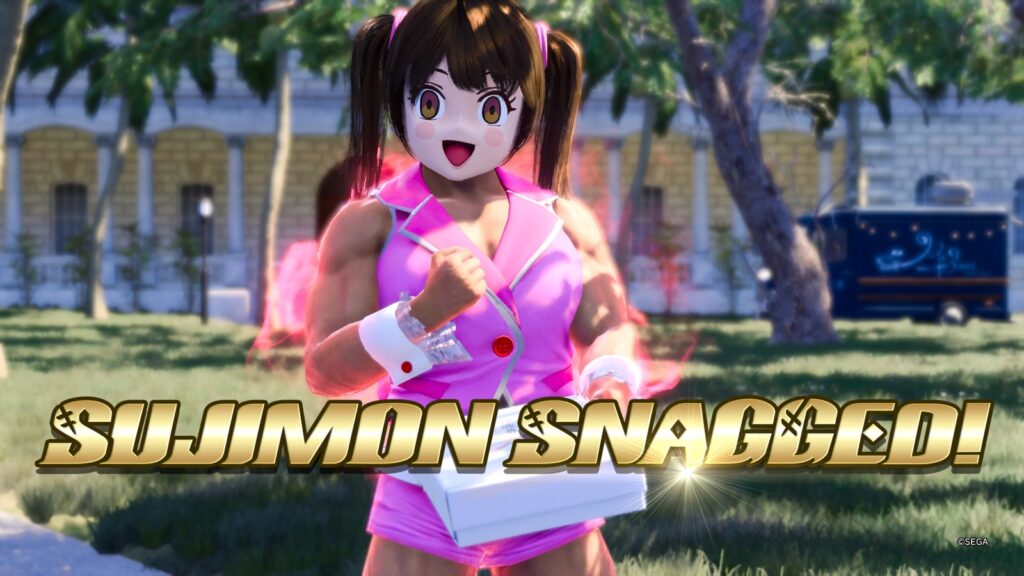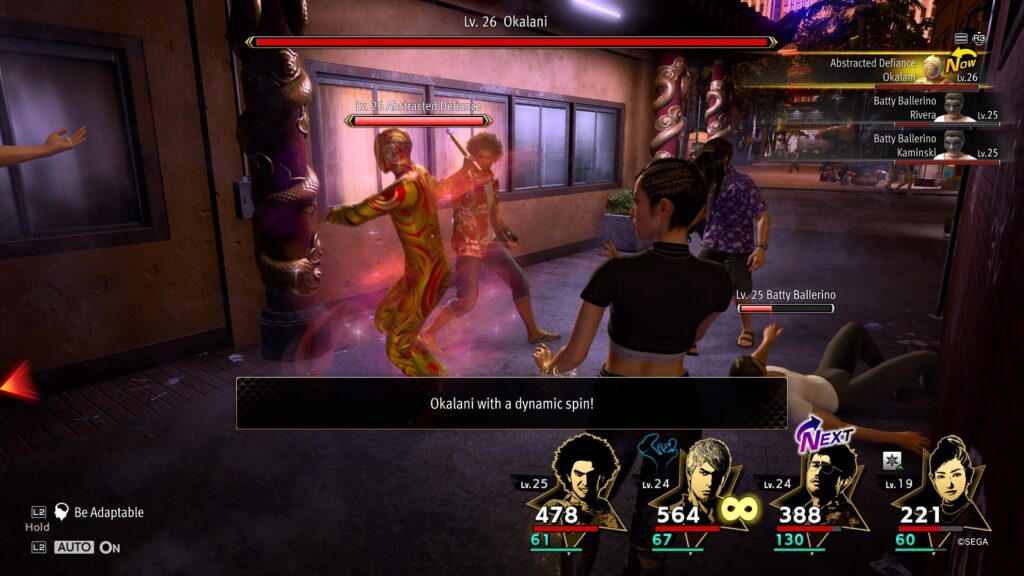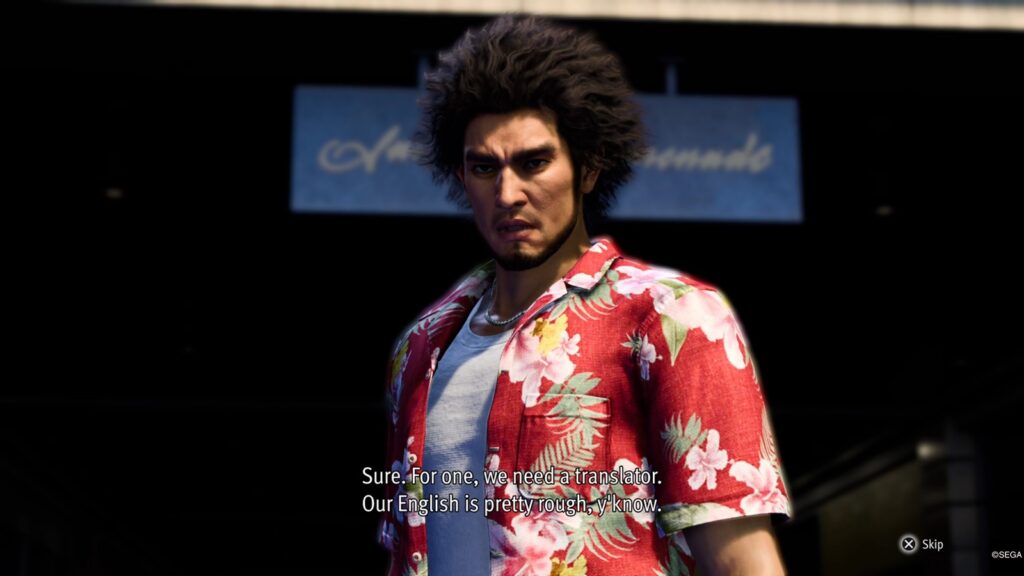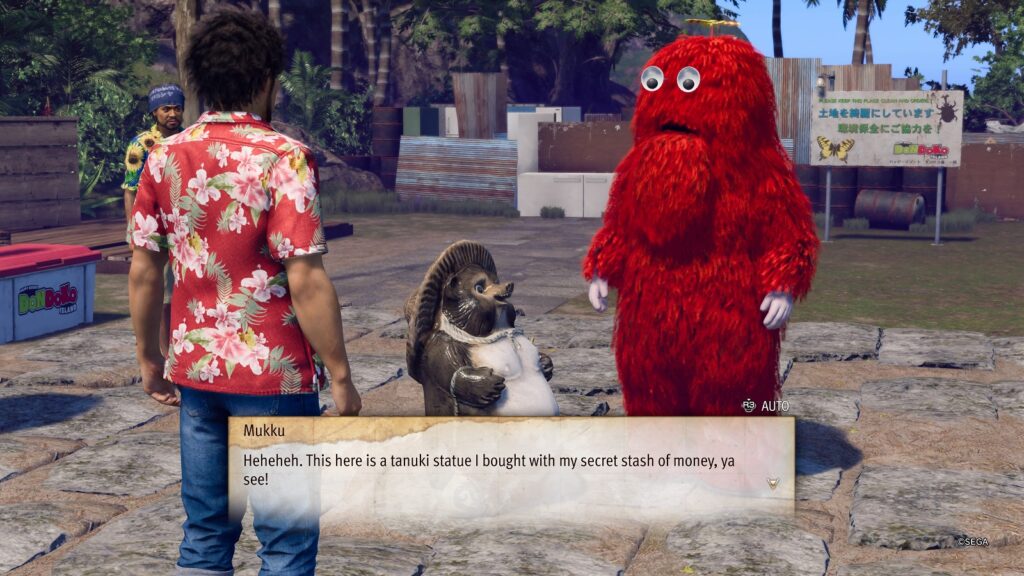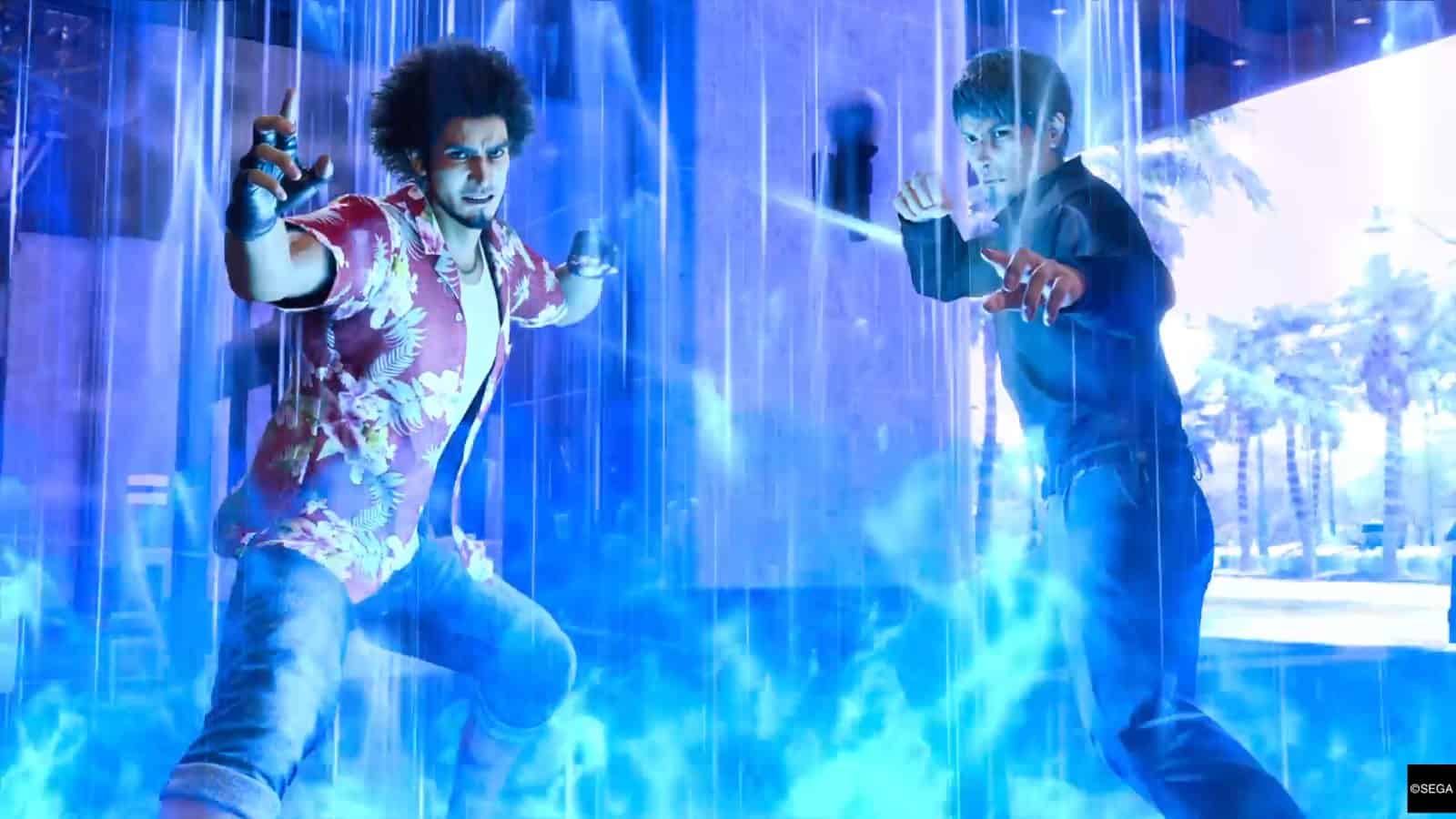When Yakuza: Like a Dragon was released more than four years ago, I wasn’t ready to move on from the gritty Yakuza stories of Kazuma Kiryu and company. I remember writing the game off as a one-shot story in parallel to the main line Yakuza games. Little did I know that Like a Dragon would be what Ryu Ga Gotoku chose as the vision of the series going forward post-Yakuza. Fast forward to today, and Like a Dragon Infinite Wealth has both hands firmly on the stirring wheel and is never looking back.
Like a Dragon Infinite Wealth is a direct sequel to Yakuza Like a Dragon. Players once again take control of the lovable fool, Kasuga Ichiban, as he embarks on a journey of new beginnings on the tropical beaches of Hawaii. The game also marks the closing chapter of Kazuya Kiryu as the defacto protagonist of the series he built.
Infinite Wealth picks up shortly after the events of Yakuza: Like a Dragon. Kasuga Ichiban is now living a normal life as a contractor for people looking for jobs. He has secretly used his position to find Yazuka displaced by the dissolution of the Yakuza families honest work, despite the brutal requirements to reintegrate back into society. But everything fell through after a viral post purposely misinterpreted his efforts into something corrupt and sinister. One major misunderstanding later and Ichiban finds out a secret that would shake a regular person to the core. But he remains resolute despite the revelation.
He is then asked to meet with a woman named Akane-san, the boss’s long-lost love, and Ichiban’s supposed mother. Ichiban agrees to the request out of respect for his deceased boss but there seems to be something more to it. He later lands in Honolulu and almost immediately gets into trouble. If it weren’t for Kazuma Kiryu’s timely intervention, he would have been roaming around town in handcuffs. They find out that they were after the same person and thus begin a new adventure in a foreign land.
The dynamic duo are later joined by Eric Tomizawa and Chitose Fujinomiya. Both have caused Ichiban great trouble earlier on but now share a common goal of finding Akane-san, for the most part. Further along the story, the team is later joined by a revolving cast of returning characters from the previous game. They too have their reasons for being on the island.
More than 40 hours into the game, I can confidently say that the presentation is on par with what one would expect from a Yakuza game. A lot of exposition followed by a few rounds of fighting and then the segment closes with another lengthy block of exposition. If you are new to the series, you might find it jarring, especially now this game is touted as the longest in the series. And they weren’t exaggerating either. It is long but in an epic kind of way. If you are a series veteran, you will love how much story is stuffed inside the game’s 14 chapters.
The game’s combat has remained mostly the same from Yakuza: Like a Dragon save for the new ability to move around a small radius around the active character. The ability to move not only fixes the issue of characters getting stuck behind obstacles, it adds a new layer of strategy into the mix. You can set up enemies to fall like bowling pins with the right attacks or move characters away from one another to avoid sweeping attacks. It’s quite the game-changer, especially in more difficult battles where positioning matters the most.
At the end of Chapter 5, players get access to the Job Change feature. This allows the player to change characters’ jobs, opening them up to a wider array of skills while stacking up bonus stats for their base characters. Like everything else in the game, the classes are derived from real-world jobs exaggerated to comedic effect. They are so ridiculous that I found myself blindly investing in nearly all of them from the get-go. What can I say? The introductory videos were enough to get me firmly on the hook.
Like a Dragon: Infinite Wealth continues the previous game’s knack for over-the-top and addicting mini-games. My favorite ones so far are the food delivery missions and the Pokemon Snap minigame on the trolley. Almost every minigame is designed to take hours away from the main storyline. Even the task of collecting Sujimon for the Sujimon tournament can take you days of dedicated play. It’s to the point that I don’t remember what the last part of the story was – Oh? A dramatic drawn-out scene where everyone is sad. Well, that was awkward.
Dondoko Island is the game’s “game within the game”. It is an island-builder game inspired by the likes of Animal Crossing with a hint of Harvest Moon’s day and night cycles. You start the lengthy side quest during Chapter 6 and it sees you clearing an entire island of garbage to reopen a run-down resort. Just when I thought the Sujimon Tournament was long, Dondoko Island takes the cake when it comes to distracting you from the main story. At least the island nets you a hefty chunk of change for all your efforts. It’s something you’ll want to consider doing if you want to afford high-level gear.
The goofier half of Infinite Wealth’s run time consists entirely of substories that have nothing to do with the greater events of the narrative. These are often ridiculous and over-the-top side stories that the player can stumble upon while walking around the city. Though some of them are admittedly heartfelt. The best part of these stories is the fact that some feature side characters from the previous game. I don’t know how they managed to be in the same place at the same time but leave it to Ichiban to be such a powerful magnet for all sorts of interesting characters. (I’m talking to you, giant HAL 9000 vacuum bot!)
Another thing to note about the side stories in Infinite Wealth is the fact that they are all not one-shot stories. Some interconnect in ways you don’t expect. Like the movie director substory intertwining with the antagonist of the Japanophile director substory. More and more of these substories will begin to unlock the more substories you resolve.
My biggest gripe is the game’s lack of consistency when it comes to choosing which voice acting is used when. I’m sorry but Officer Roman doesn’t become two completely different people when talking to us in Japanese and then talking like a regular American when addressing thugs. That entire section annoyed me to no end. I don’t mind if the characters are talking full English or Japanese. That’s just the nature of dubs. I don’t like the switching of voice actors for no good reason.
Why don’t we have a mode where the Japanese voice actors voice Japanese characters and the Westerners speak English characters? I’d like to experience Danny Trejo’s Dwight with the Japanese dubs on. This also applies to almost every character in the game. I’m supposed to believe that every character Ichiban and crew come across speaks fluent Japanese. Then what’s the point of having Tomizawa translate for the crew?
Ultimately, I’m making a mountain out of a molehill. It doesn’t affect gameplay at all and I should just roll with it. As annoying as it sounds. There are far more annoying things to consider if you want to pick up the game.
So, Like a Dragon Infinite Wealth has decided to set aside content behind a paywall. That’s the bigger issue I’m concerned about. It’s fine when it was just cosmetics and resources to help jump start progress. But I didn’t expect New Game+ to not be included with the base game. As well as any potential story content we might miss. I’d advise going for the base game. But I can’t blame you if you really want to sink your teeth into everything the game has to offer.
Ryu Ga Gotoku has once again risen to the occasion when it comes to the game’s visuals and audio. Most exposition is your typical text box with the slightest of movements. The heavier and action-packed stuff is fully voiced with meticulous attention given to the animations. It is a formula this studio has perfected over the years. The addition of pop culture podcasts that gain more episodes over time is a nice touch. Shame that we English-speaking players won’t understand what the Japanese hosts are talking about.
Like a Dragon Infinite Wealth isn’t just an adventure, it’s the whole damn package. By the time you reach the end credits, you’ll have done so much that you can consider yourself a true Hawaiin through your deeds and notoriety. You’ll have lost yourself in the scenic views and forged bonds with dozens if not hundreds of people. Most importantly of all, you’ll have gotten to know the people closest to you during the entire ordeal before ending your trip the only way Yakuza games know how – dramatic and over-the-top. If you love the Yakuza series, This is one you’ll want to keep in your library.



